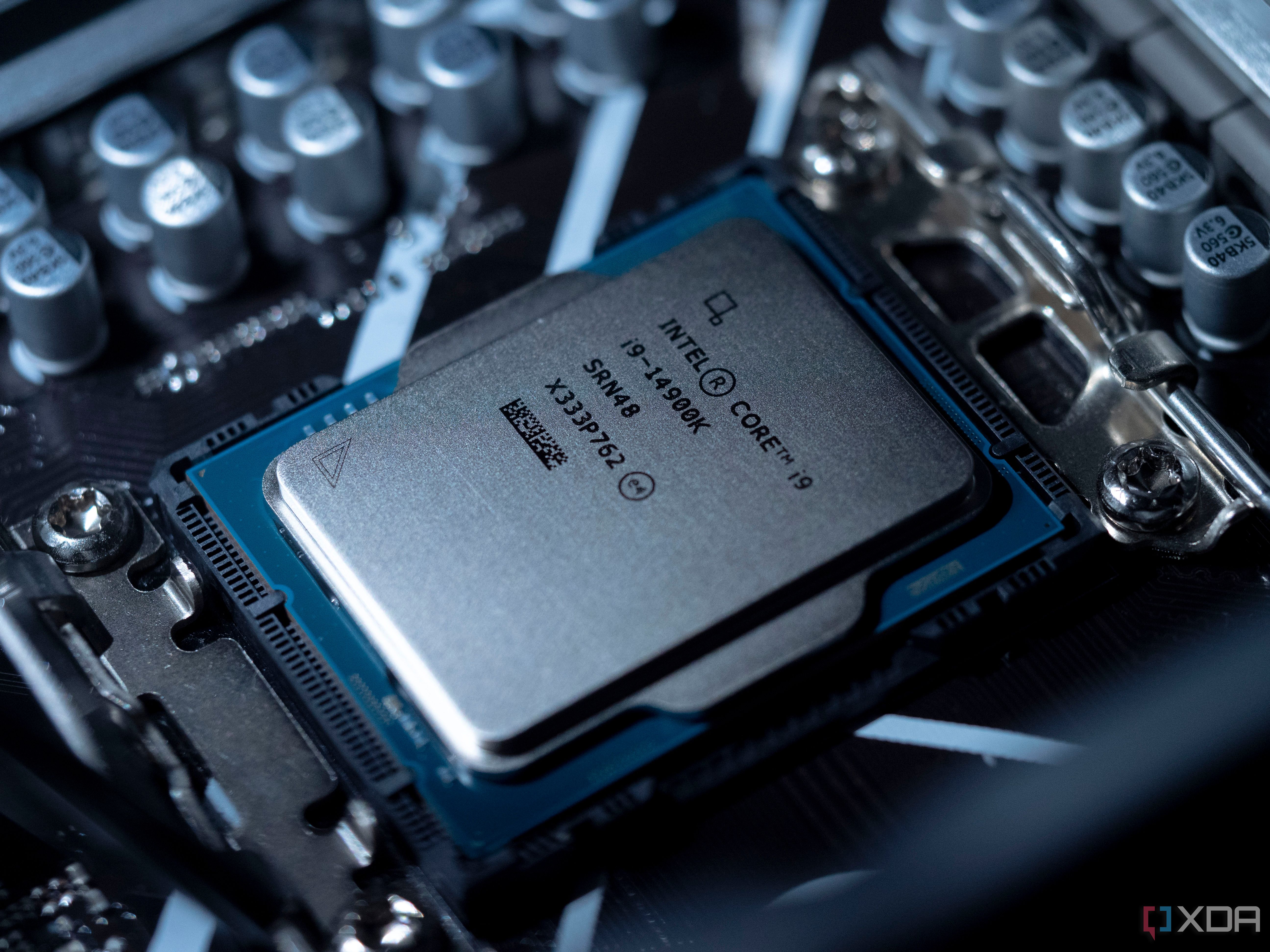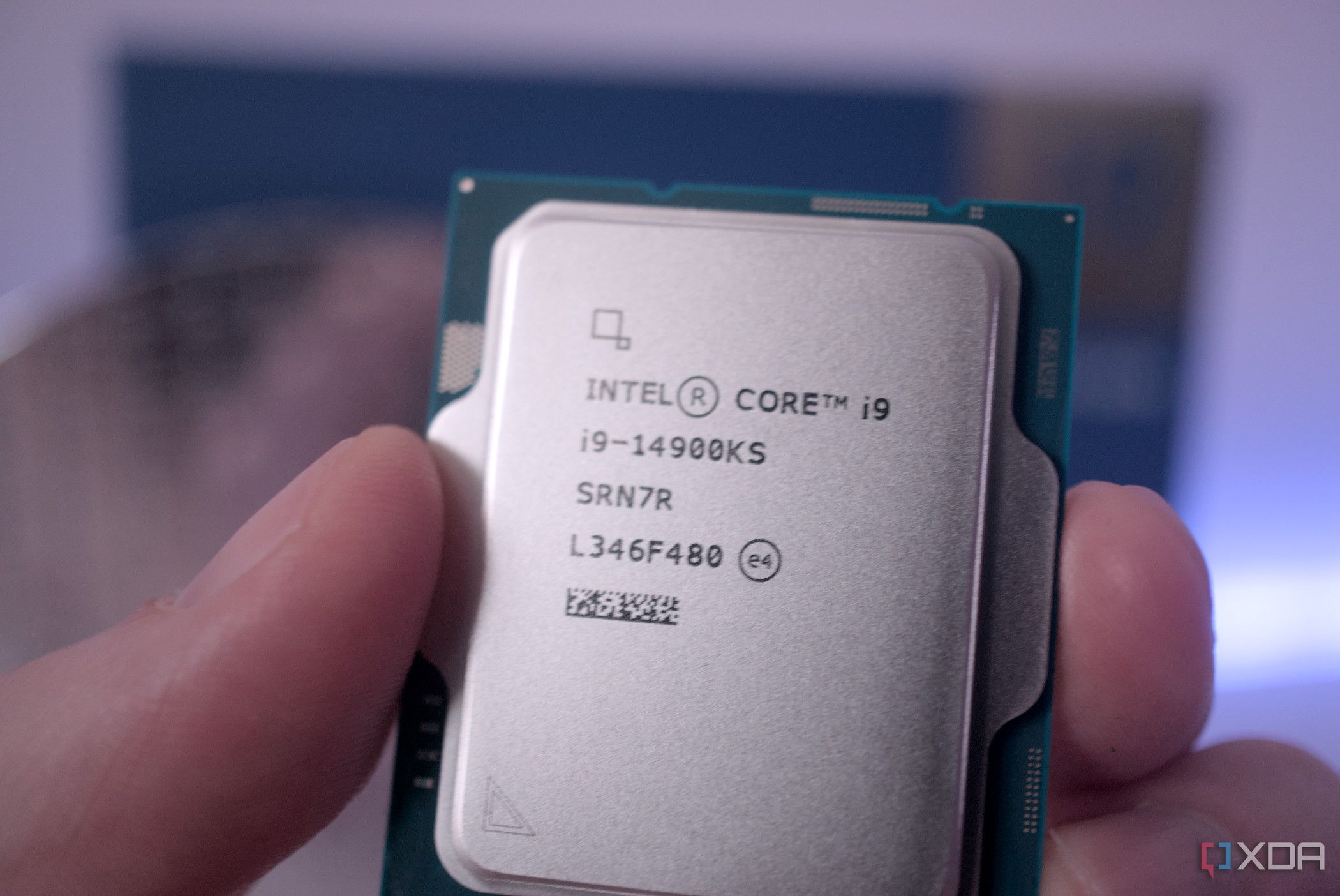Key Takeaways
- Intel’s 13th and 14th Gen CPUs have instability issues causing crashes for users, with a failure rate close to 100%.
- Alderon Games claims Intel is selling defective CPUs, causing SSD and memory corruption and misleading error messages for users.
- While Intel acknowledged the issue and released a fix for the eTVB bug, the root cause of the stability problems remains unresolved.
Last month, Intel promised to bust the “myth” that Arm is better than x86. While time will tell whether Intel lives up to its promise, instability issues related to Intel’s existing 13th and 14th Gen CPUs have still not been addressed properly. Worse for Intel and its users, a game publisher recently claimed a 100% failure rate with 13th and 14th Gen CPUs.
Intel is selling defective 13th and 14th Gen CPUs, claims Alderon Games
Game publisher Alderson Games recently posted a report highlighting the reasons why it believes “Intel is selling defective 13-14th Gen CPUs“. It claims that its developers and end customers experienced instability on PCs with 13th and 14th Gen CPUs. The issues also impacted the company’s dedicated game servers. According to the publisher, in some cases, the issues are also causing SSD and memory corruption and giving users “misleading” error messages.

Related
Intel’s high-end 13th Gen and 14th Gen CPUs have a major problem
If you’ve been experiencing crashes and BSoDs with an Intel Core i9 CPU, you’re not alone. We investigated the problem and may have identified a fix.
While we’ve already heard some of the above observations in news reports, Alderon Games made some startling claims after testing Intel’s 13th and 14th Gen CPUs. It observed that the failure rate of those CPUs is “nearly” 100%. In its testing, the chips initially worked well but deteriorated later, and eventually failed. Even the latest BIOS and firmware updates released by Intel’s motherboard partners couldn’t save them. While acknowledging that “any product can have defects and issues”, Matthew Cassells is of the view that Intel should recall the affected CPUs and issue a refund to the customers.
What did Intel say about its chip stability issues?
Intel initially kept quiet on the stability issues but finally spoke about them in public in May and recommended the “Intel Default Setting” profile to fix the issues. A month later, the company revealed further details and said that an eTVB bug contributed to the instability problems and that a fix was in the cards.
Intel is working with its motherboard partners to roll out the fixes for the eTVB bug before July 19, but users might still face issues after applying them. That’s because the eTVB bug isn’t the root cause of the instability issue, for which Intel still doesn’t have an answer.








:max_bytes(150000):strip_icc()/roundup-writereditor-loved-deals-tout-f5de51f85de145b2b1eb99cdb7b6cb84.jpg)


